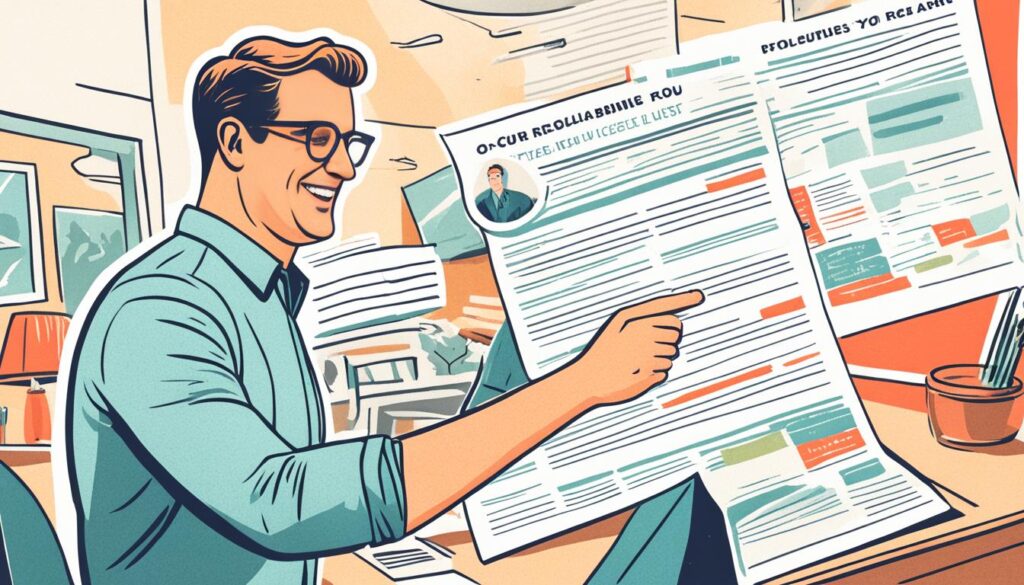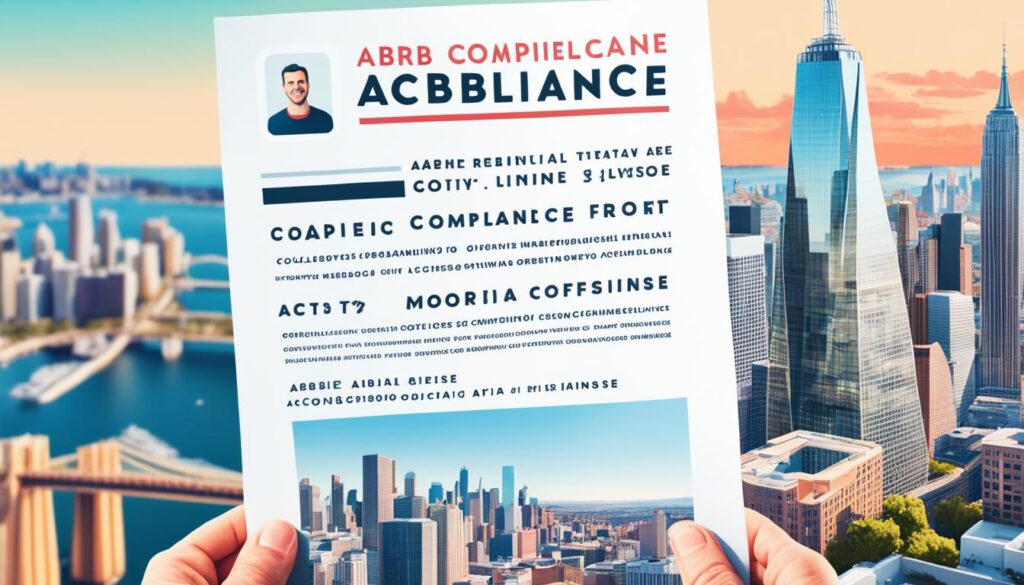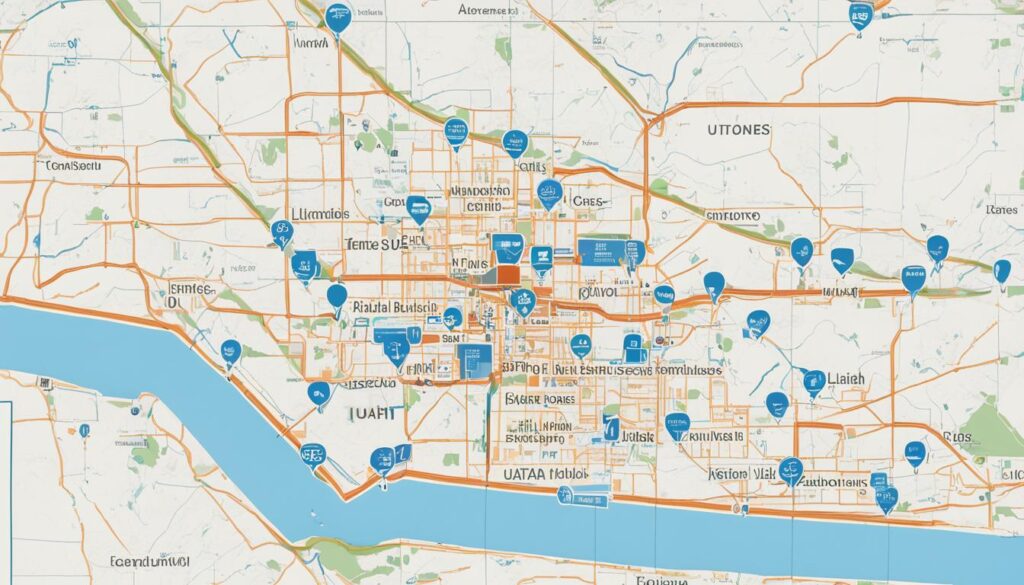Starting an Airbnb can be thrilling, but knowing the legal rules is key. Airbnb laws change a lot in the US. It’s vital for hosts to look into local rules. Many places have special permits for short-term rentals to control the market.
Before you start, you must understand vacation rental laws. These laws depend on how often you rent and if you live there. Some places need a general business license, while others have special permits for short-term rentals.
As an Airbnb host, making sure you follow the law is your responsibility. This means checking local zoning laws, knowing your tax duties, and getting the right permits. Staying legal helps you avoid fines and keeps your business running well.
Key Takeaways
- Airbnb regulations vary by location across the US
- Short-term rental permits are often required for hosts
- Research local vacation rental laws before listing
- Check if you need a general business license or specific permit
- Compliance protects hosts from legal issues and fines
- Understanding tax obligations is crucial for Airbnb hosts
Understanding Airbnb Host Obligations and Legal Requirements
Starting an Airbnb business is more than just listing your property. You must understand the legal side to succeed. This means knowing about Airbnb taxes, zoning laws, and getting a home sharing license.

The Importance of Compliance
Following the rules is crucial for Airbnb hosts. It keeps you safe from fines and legal trouble. It also makes guests and neighbors trust you. Texas has its own laws, but cities have their own rules too. Hosts in Texas must follow both state and local laws to be legal.
General Business Licensing
You usually need a basic business license for short-term rentals. This means registering your business and paying fees. Some cities also have special permits for short-term rentals. Make sure to check with your local government for what you need.
Location-Specific Rules
Zoning laws affect where you can have a vacation rental. Some areas don’t allow short-term rentals at all. You might need to:
- Get approval from your homeowners association
- Meet specific safety standards
- Notify neighbors about your Airbnb plans
Remember, rules change by location. Getting the right licenses is key for your Airbnb. Do your research or talk to a pro to make sure you’re following the law before you start.
What Type of Business License Do I Need for Airbnb
Airbnb hosts must follow various licensing rules to meet local laws. It’s key to know what licenses you need for a successful hosting journey.
General Business License
Most states ask Airbnb hosts for a general business license or business tax certificate. This license makes your hosting a legal business. Contact your local government to find out what you need and how much it costs.
Short-Term Rental License
Many cities have short-term rental licenses for Airbnb. This license checks your property meets safety and zoning rules. You must register on your local short-term rental site and apply for the license.

Additional Permits
You might need more permits based on where you are and what you offer. These can include:
- Special event permits for big gatherings
- Parking permits in busy areas
- Food handling permits if you serve meals
It’s vital to keep up with Airbnb taxes. Each place has its own tax rules. Make sure you get the right licenses and permits to follow Airbnb rules and avoid legal trouble.
Navigating Local Short-Term Rental Regulations
When you decide to list your property on Airbnb, knowing the local laws is key. Each city has its own rules for short-term rentals. It’s important to look into these rules to follow them.
Some cities welcome short-term rentals, while others have strict rules. These rules might limit how many units you can rent or ask you to show a license number on your listing.
To make sure you’re following the rules, here’s what to do:
- Visit your local government website
- Review current short-term rental policies
- Check for any recent updates to vacation rental laws
- Consult with a local real estate attorney if needed
Remember, laws for short-term rentals can change often. Keep up with local Airbnb rules to avoid fines or legal trouble. By knowing and following the rules, you can run your Airbnb business well and successfully.
Tax Considerations and Accounting for Airbnb Hosts
As an Airbnb host, knowing your tax duties is crucial for a successful rental business. Let’s explore the key Airbnb tax rules and taxes you should know.
Obtaining a Tax Number
Starting your Airbnb journey means getting a tax number. This number tracks your earnings and makes sure you follow tax laws. Find out how to get your tax number from your city or state revenue office for Airbnb hosting.
Record-Keeping for Hosts
For Airbnb hosts, keeping precise records is vital. Keep all receipts for your rental property, like cleaning supplies, furniture, and utility bills. These records are crucial for filing taxes and claiming deductions.
Potential Tax Deductions
Your Airbnb hosting costs might be deductible. You can deduct things like property upkeep, insurance, and mortgage interest. Since lodging taxes for Airbnb hosts can be tricky, it’s smart to talk to a tax expert. They can explain the Airbnb tax rules in your area and help you get the most deductions.
FAQ
Why is compliance important for Airbnb hosts?
What are the general business licensing requirements for Airbnb hosts?
What are some location-specific regulations and permits I should be aware of as an Airbnb host?
Do I need a short-term rental license or permit to host on Airbnb?
What additional permits might I need for specific Airbnb activities?
How can I stay up-to-date with local short-term rental regulations?
Do I need to obtain a tax number for my Airbnb business?
What record-keeping requirements should I follow as an Airbnb host?
Are there potential tax deductions for Airbnb hosting expenses?
Author
-

David Nguyen is an expert in business licensing, with extensive knowledge in local and international regulations. His expertise is crucial for businesses seeking guidance on compliance and licensing strategies.
View all posts



